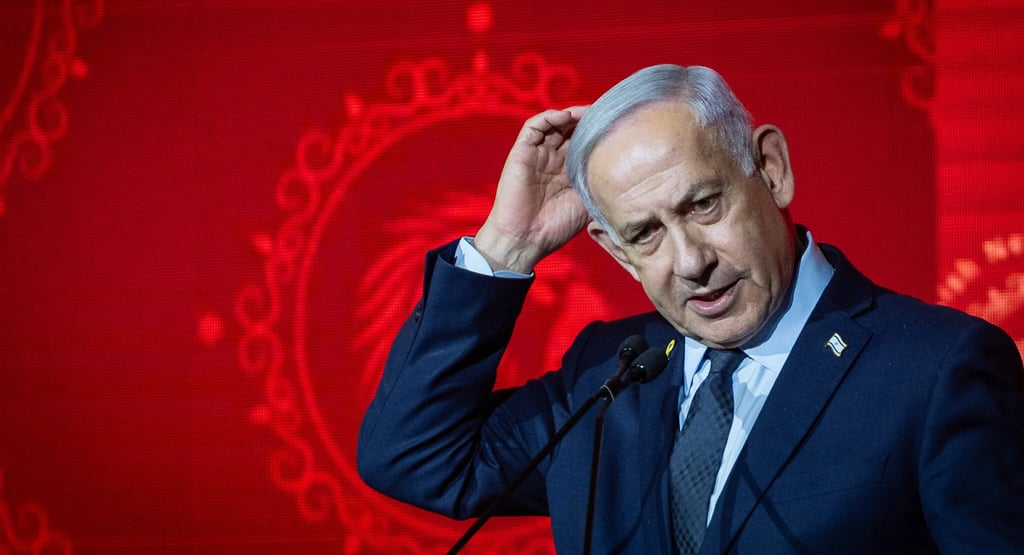Growing Dissent in Israel as Gaza War Drags On and Hostage Crisis Deepens
As Israel’s war in Gaza persists, thousands of reservists and citizens are openly challenging Prime Minister Netanyahu’s strategy, demanding a shift in focus from military operations to rescuing hostages and ending the conflict.
BBC
5/1/20252 min read


Nearly 18 months after the October 7, 2023, Hamas attack sparked Israel's ongoing war in Gaza, opposition to the government's handling of the conflict is mounting—not just from political opponents, but from within the Israeli military ranks themselves.
In recent weeks, more than 12,000 Israeli reservists, including elite intelligence and combat unit veterans, have signed open letters demanding that Prime Minister Benjamin Netanyahu prioritize a hostage deal over continuing the war. The letters, published in stages since early April, warn that prolonged military action will likely doom the remaining hostages still held by Hamas.
"The continuation of the war does not contribute to any of its declared goals and will lead to the death of the hostages," wrote a group of 1,000 Israeli Air Force reservists in the first public letter.
The signatories represent a dramatic shift in tone from the national unity that followed the initial call-up after October 7. Reserve attendance has now reportedly dropped to 50–60%, signaling a sharp decline in motivation among citizen-soldiers who initially rushed to defend the country.
Disillusionment With Leadership
Former Mossad chief Danny Yatom, once a high-level security official and now a vocal critic, has joined protests and signed the letters—not, he insists, for political reasons, but out of deep concern for the country’s direction.
“What mainly bothers Netanyahu is his own interests,” Yatom said. “In his list of priorities, the hostages are not first.”
Similar sentiments have been echoed by retired General Amiram Levin, who recently argued in a Haaretz column that soldiers and commanders may need to disobey orders if the military is at risk of committing war crimes or violating Israel’s ethical code.
"The risk of being dragged into war crimes... make it impossible to stand idly by," Levin warned.
Netanyahu Dismisses Critics
Netanyahu has responded with harsh rhetoric, labeling the reservists and protesters “fringe elements” and accusing them of spreading “propaganda lies.” He maintains that military pressure is the only viable path to securing the hostages’ release and achieving long-term security.
However, public opinion polls suggest growing support for the protesters' position—that the government should prioritize hostage negotiations above military escalation.
Protest Movement Gains Strength
In Tel Aviv and other cities, the anti-war movement has gathered momentum. Demonstrators regularly display pictures of the 59 remaining hostages alongside images of Palestinian children killed in the war, creating a powerful juxtaposition that highlights the moral and strategic complexity of the conflict.
The Israeli police briefly attempted to ban imagery of Palestinian casualties and words like “genocide” and “ethnic cleansing” during protests on April 20, but reversed the decision after public backlash.
International Legal Pressure Mounts
Israel is also facing increasing scrutiny from international legal bodies, including the International Criminal Court and International Court of Justice, where accusations of war crimes and disproportionate use of force are being investigated.
Conclusion: National Reckoning
As Israel’s war effort continues, it is no longer just external critics or political opponents questioning its direction. Veterans, reservists, and national security figures are publicly warning that the country is at risk of losing its moral compass—and perhaps the lives of the remaining hostages in the process.
The growing split between Israel’s military veterans and its political leadership reflects a broader national reckoning over how far to pursue Hamas’s destruction at the possible cost of civilian lives, hostages, and Israel’s international standing.
Photo: (Yonatan Sindel/Flash90)
© 2026. Ke Press Global. A Ke Harbor Company. All rights reserved.
FOLLOW KE PRESS GLOBAL ON :
Contact us


